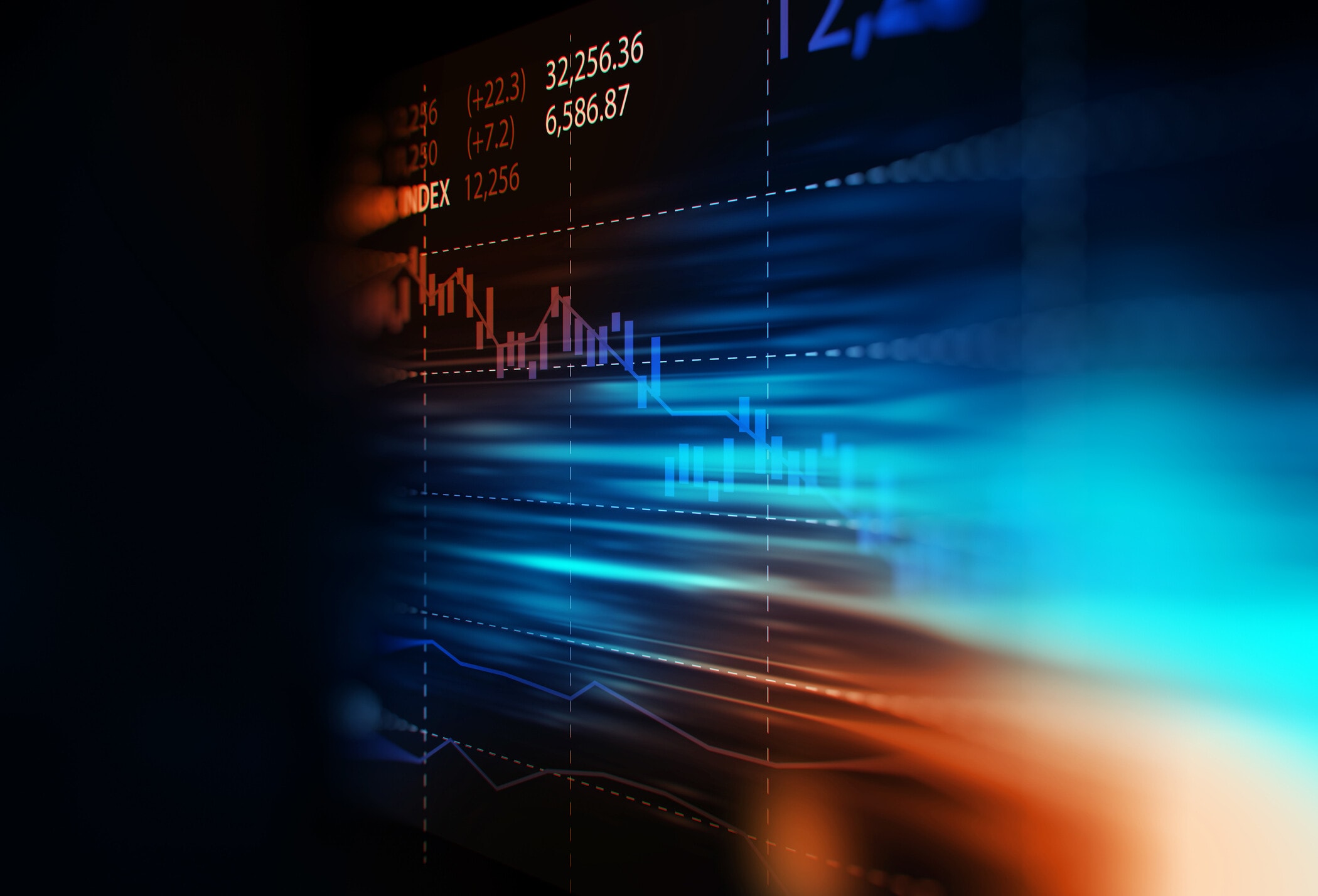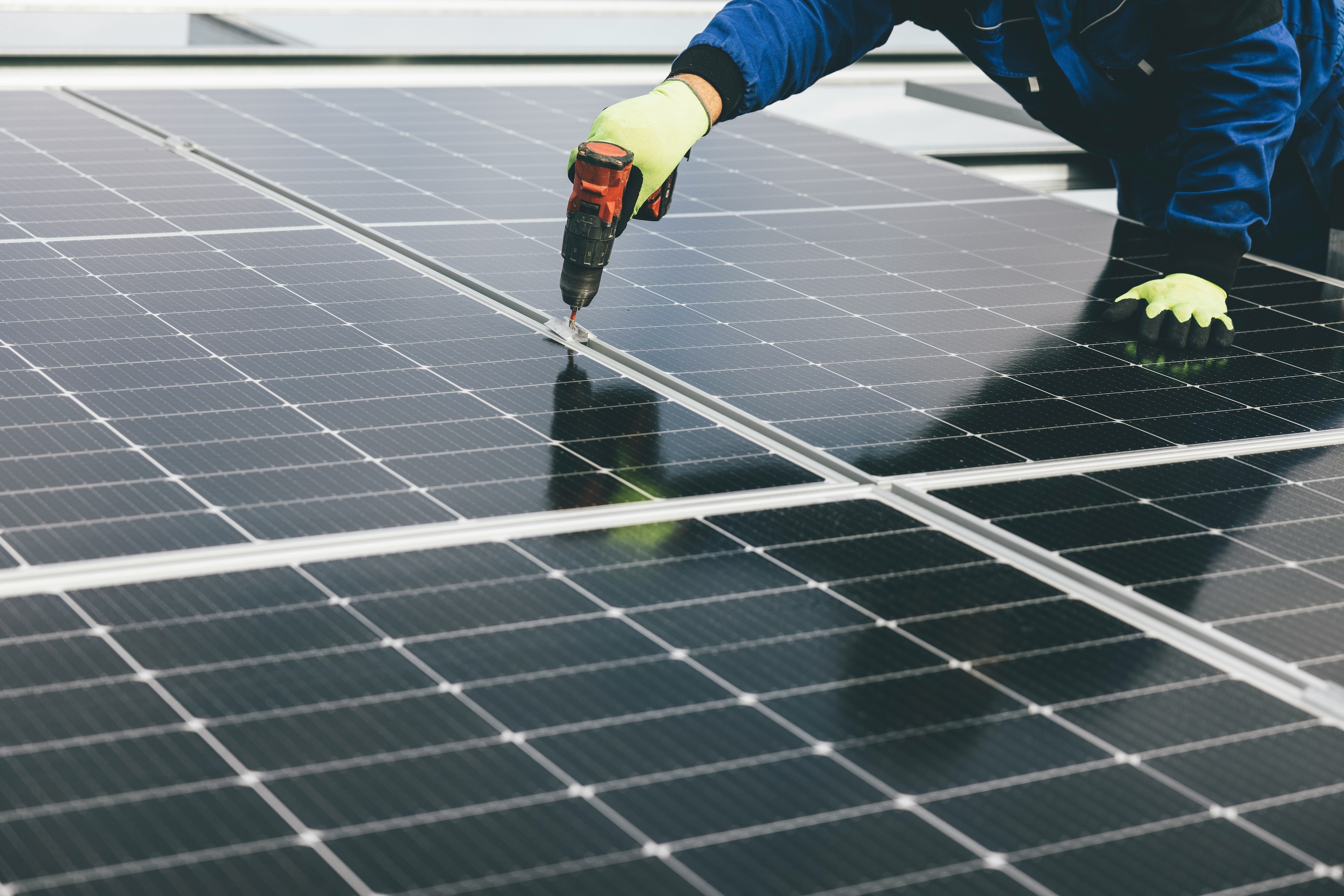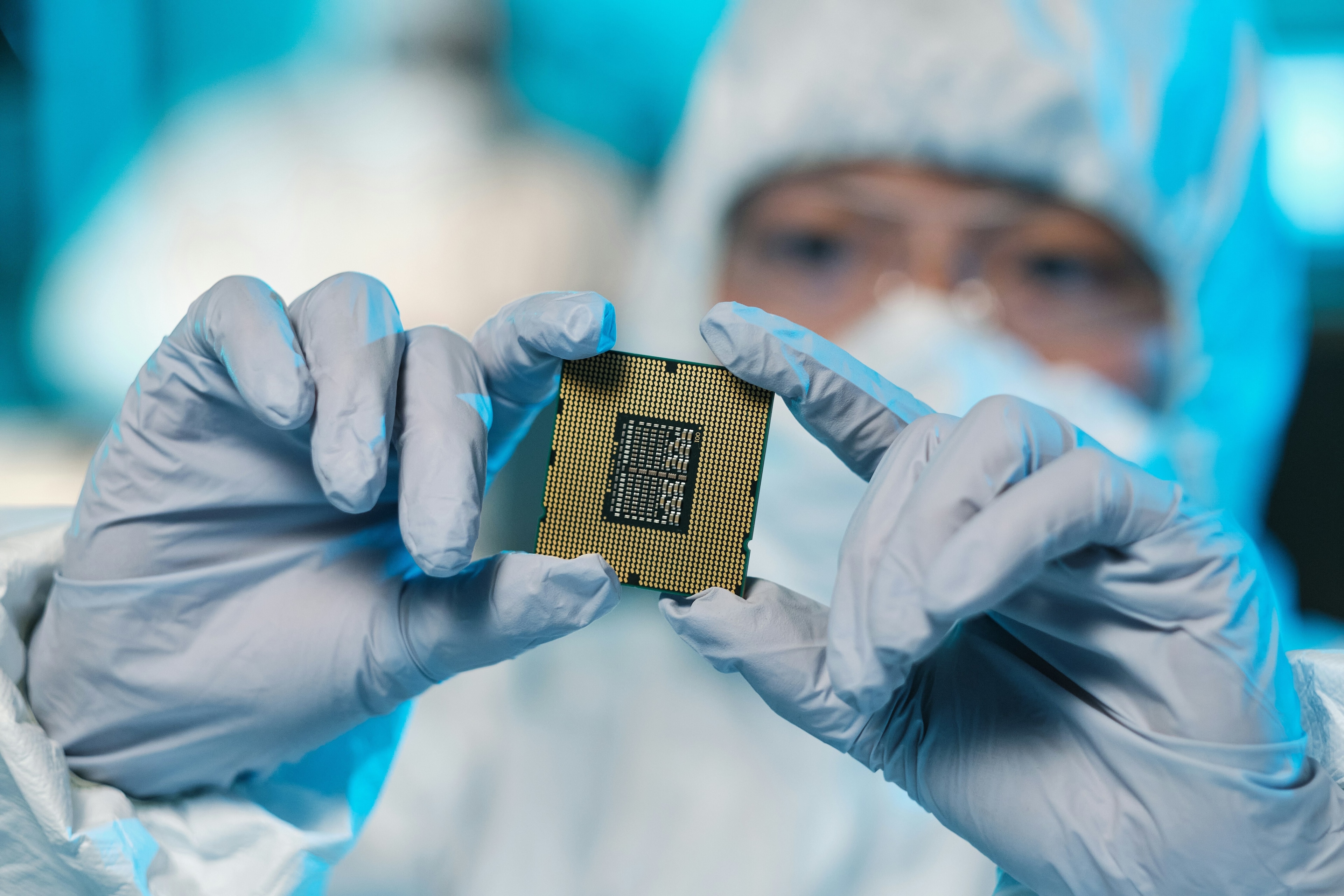SpaceX and Boeing achieve space test flight milestones, and other technology news you need to know

Boeing’s Starliner Capsule approaches the International Space Station.
Image: NASA
Sebastian Buckup
Managing Director, Centre for Nature and Climate and Forum Foundations, World Economic Forum- This monthly round-up brings you the latest news from the world of technology.
- Top tech news: Boeing and SpaceX achieve new milestones; Nvidia overtakes Apple to become second-most valuable company; Amazon to trial robotaxis in two US cities.
- This month, the World Economic Forum also announced the selection of 100 companies joining its Technology Pioneers Community as part of the 2024 cohort.
SpaceX and Boeing achieve new milestones
SpaceX and Boeing both achieved new milestones in June with crucial test flights.
Boeing’s Starliner capsule transported two NASA astronauts to the International Space Station. Astronauts Butch Wilmore and Suni Williams overcame helium leaks and a technical problem ahead of docking to rendezvous and disembark on 6 June.
On the same day, SpaceX’s huge Starship rocket launched and returned to complete the vehicle’s first-ever soft ocean landing.
During the live stream of the flight, SpaceX revealed its intention to build a Starship rocket a day in its new manufacturing facility, Starfactory. The base is currently under construction in South Texas.
"Now this will enable us to increase our production rate significantly as we build toward our long-term goal of producing one Ship per day and coming off the production line soon, Starship Version Two," said Kate Tice, manager of SpaceX Quality Systems Engineering.
Accept our marketing cookies to access this content.
These cookies are currently disabled in your browser.
Nvidia overtakes Apple to become world’s second-most valuable company
AI chipmaker Nvidia shares hit record highs in June, overtaking Apple to become the world’s second-most valuable company.
The company achieved a market value of $3.01tn by market close on 5 June, while Microsoft remains at number one after overtaking Apple earlier in 2024. Nvidia’s processors are in high demand as businesses look to develop improved AI computing capabilities. Its stock has risen by over 147% in 2024.
The company recently unveiled its next generation of processors, just three months after its last launch. Chief executive Jensen Huang revealed the chip – named Rubin – at the Computex conference in Taipei.
The company had previously announced it would be releasing new AI chip models annually. The new chip will have new graphic processing capabilities that are expected to improve its ability to train and launch AI platforms.
Speaking at the launch, Huang said: “With our innovations in AI and accelerated computing, we’re pushing the boundaries of what’s possible and driving the next wave of technological advancement.”
In brief: Other tech stories to know
Amazon’s robotaxi unit Zoox is to begin trialling its autonomous vehicle in Austin, Texas and Miami, Florida. Its fleet of retrofitted Toyota Highlanders will operate with human safety drivers, near business and entertainment districts.
Google is set to build Pixel smartphones and drones in India. The tech giant will use an existing facility in Tamil Nadu. The company announced plans to build phones in the country last year, saying: “India is a priority market for Pixel smartphones, and we’re committed to bringing the best of our hardware and underlying built-in software capabilities to people across the country.”
Apple has announced it will use its own server chips to power AI features on its devices, it told its annual developer conference.
And an electric headset has been recommended in the treatment of depression, following a trial in the UK. The Flow Neuroscience headset was given to patients to wear for 30 minutes daily for a period of six weeks. The study found it was an “effective depression treatment”, with 58% of people reporting improvements within six weeks.
What is the World Economic Forum doing about the Fourth Industrial Revolution?
More on technology on Agenda
Earlier this month, the World Economic Forum announced 100 new companies joining its Technology Pioneers Community as part of the 2024 cohort. The companies are applying new advances in AI to develop industry solutions, including breakthrough innovations in clean energy, healthcare, biotech, space and neurotechnology.
Low-emissivity glass is changing the face of construction. It is helping create energy efficient buildings by better reflecting heat. However, there are sustainability concerns about its production.
Robotics (along with AI and automation) are transforming the fields of healthcare and diagnostics. Smart labs are set to emerge, taking on repetitive tasks with minimal supervision.
And can giant termite mounds help unlock more sustainable buildings? See how natural ventilation, resilient structures and other features could all help architects build more efficient homes and workplaces.
Accept our marketing cookies to access this content.
These cookies are currently disabled in your browser.
More on Emerging TechnologiesSee all
David Sullivan
August 26, 2025
Hannes Klöpper
August 26, 2025
Kai Zenner and Benedikt Gieger
August 25, 2025
Lim Chow-Kiat
August 21, 2025
Charles Bourgault and Sarah Moin
August 19, 2025
Spencer Feingold
August 18, 2025





